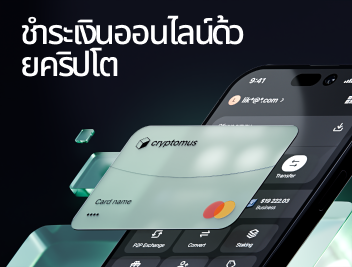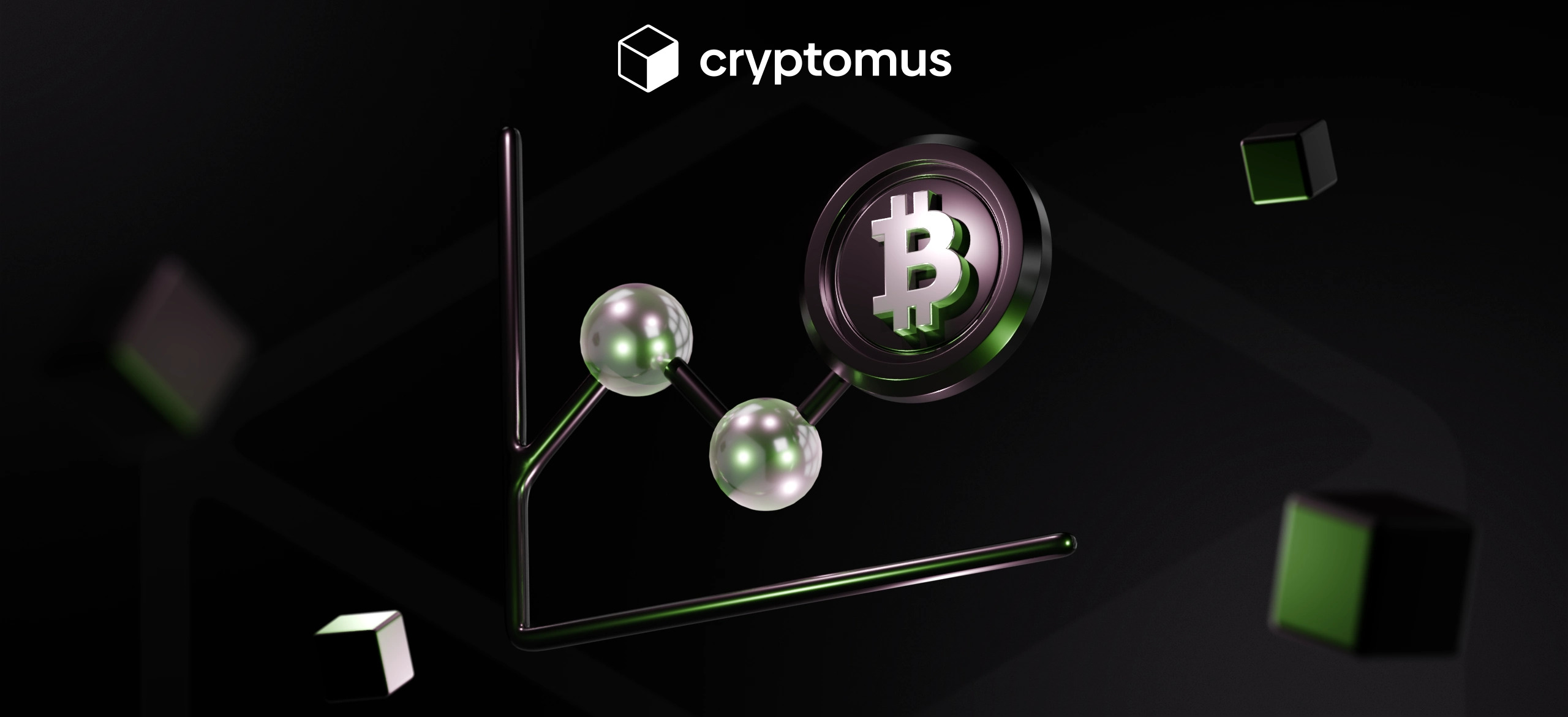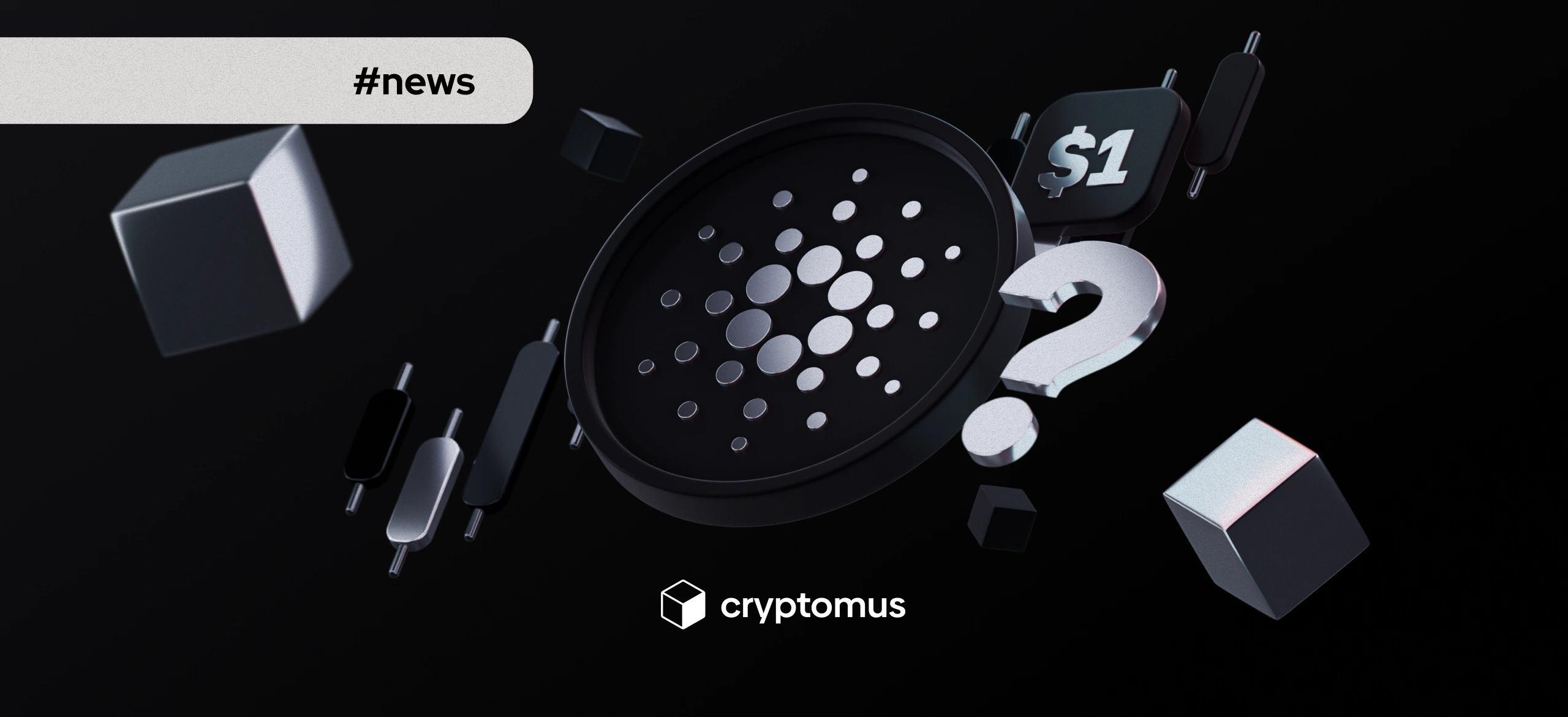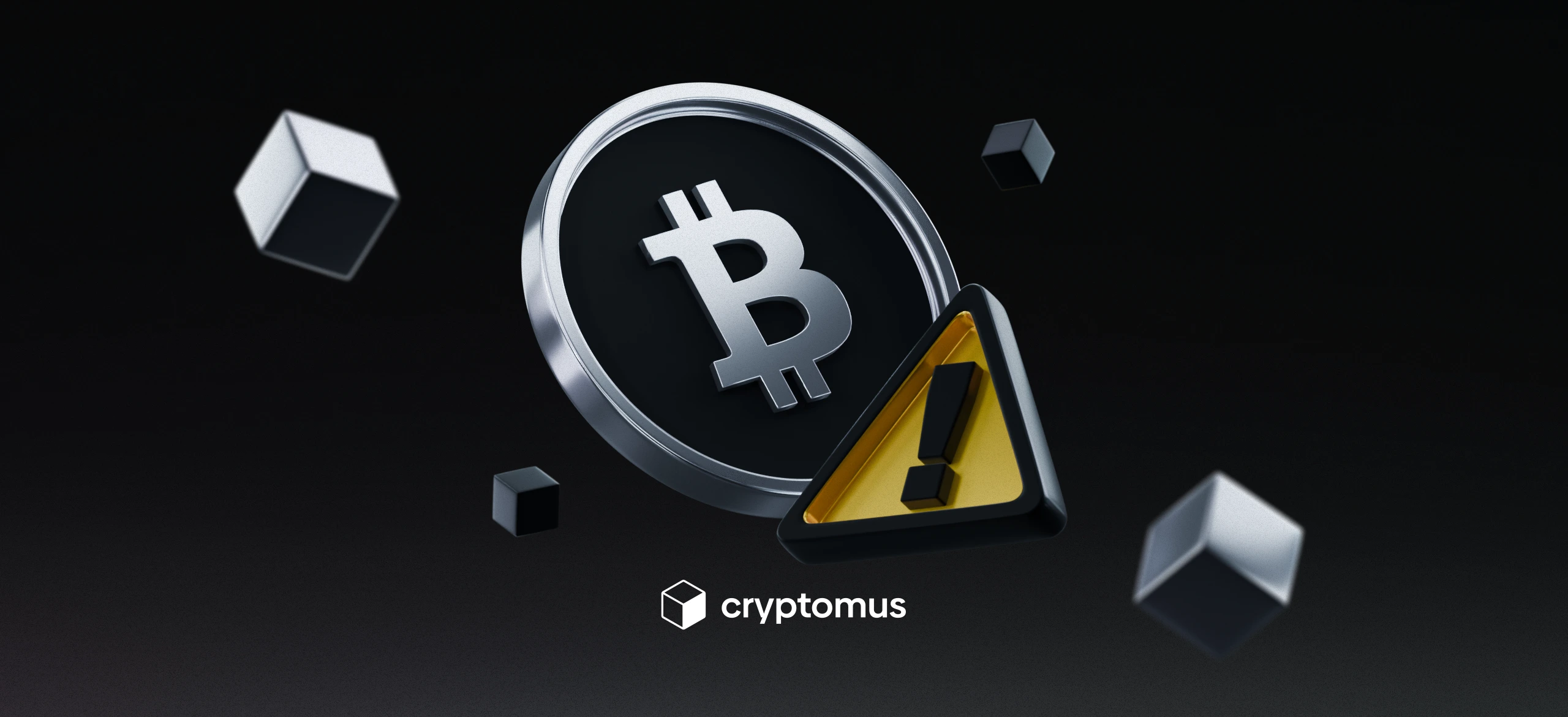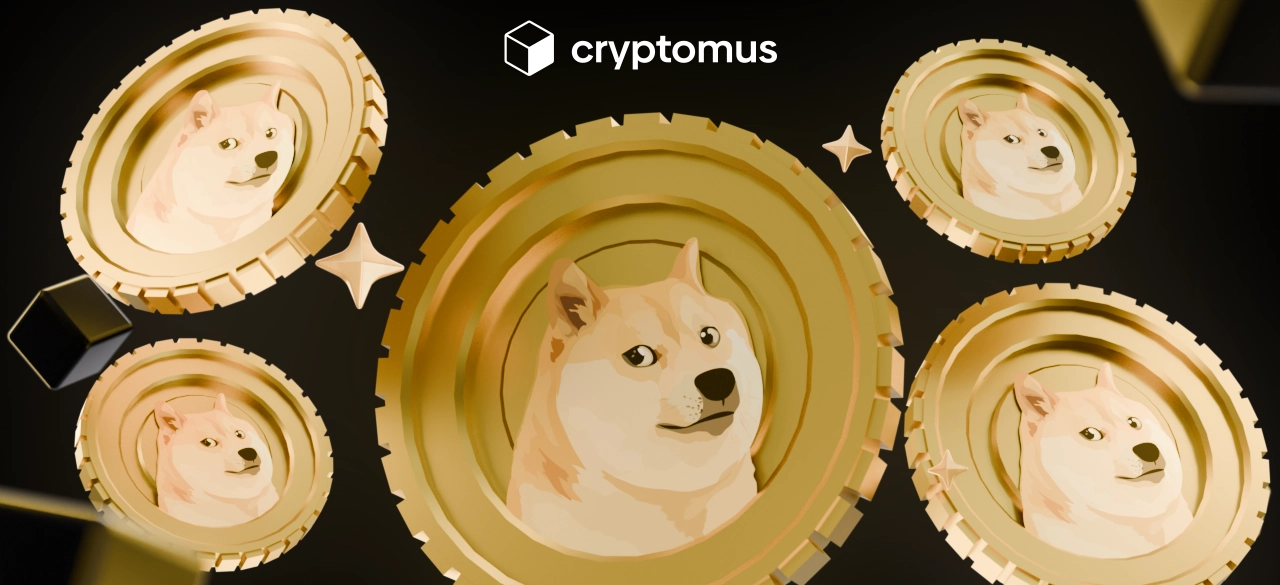
วิธีสร้างกระเป๋าเงิน Dogecoin (DOGE)
สารบัญ
Dogecoin (โดชคอยน์) เริ่มต้นในปี 2013 ในฐานะเหรียญมุขตลก (meme coin) และปัจจุบันกลายเป็นสกุลเงินดิจิทัลที่ได้รับการยอมรับอย่างกว้างขวาง จุดเริ่มต้นที่สนุกสนานทำให้มันโดดเด่น แต่เช่นเดียวกับสินทรัพย์ดิจิทัลอื่น ๆ การจัดเก็บและจัดการโดชคอยน์อย่างปลอดภัยต้องใช้กระเป๋าเงินที่เชื่อถือได้
ในคู่มือนี้ เราจะแนะนำวิธีสร้างกระเป๋าเงินโดชคอยน์ อธิบายหน้าที่ของมัน และแนะนำผู้ให้บริการกระเป๋าเงินหลายรายที่คุณสามารถลองใช้ได้
กระเป๋าเงิน Dogecoin คืออะไร?
Dogecoin (โดชคอยน์) เกิดขึ้นจากมุกตลกในปี 2013 ใช้ภาพ Kabosu จากมส์ “Doge” เป็นสัญลักษณ์ และได้รับการยอมรับว่าเป็นเหรียญมุข (memecoin) รุ่นแรก
กระเป๋าเงินโดชคอยน์เป็นที่เก็บข้อมูลดิจิทัลสำหรับเหรียญ DOGE ของคุณ กระเป๋าเงินไม่ได้เก็บเหรียญจริง ๆ แต่เก็บ กุญแจส่วนตัว (private key) ที่ใช้เข้าถึงและควบคุมสินทรัพย์ของคุณ
กระเป๋าเงินเหล่านี้ช่วยให้คุณสามารถ:
- รับ DOGE
- ส่ง DOGE
- ตรวจสอบยอดคงเหลือ
- โต้ตอบกับ dApps
ที่อยู่กระเป๋าเงิน Dogecoin คืออะไร?
ที่อยู่กระเป๋าเงินโดชคอยน์เป็นรหัสเฉพาะสำหรับรับเหรียญ DOGE คุณสามารถแชร์ที่อยู่นี้ได้อย่างมั่นใจ เพราะมีเพียงผู้ที่ถือกุญแจส่วนตัวเท่านั้นที่จะเข้าถึงและใช้เหรียญได้ ห้ามเผยแพร่กุญแจส่วนตัว เพราะถ้าใครได้กุญแจไป เหรียญของคุณอาจถูกขโมย
ที่อยู่กระเป๋าเงินมักเป็นตัวอักษรและตัวเลขยาว ๆ ตัวอย่างที่อยู่กระเป๋าเงินโดชคอยน์: DJe5tCN2JyjvkcNQsxDTHsBuc5kTUc5tAo
ที่อยู่กระเป๋าเงินของคุณ สามารถดูได้ในส่วน “Receive” ของกระเป๋าเงิน คัดลอกและแชร์ให้คนที่ต้องการส่งเหรียญให้คุณ
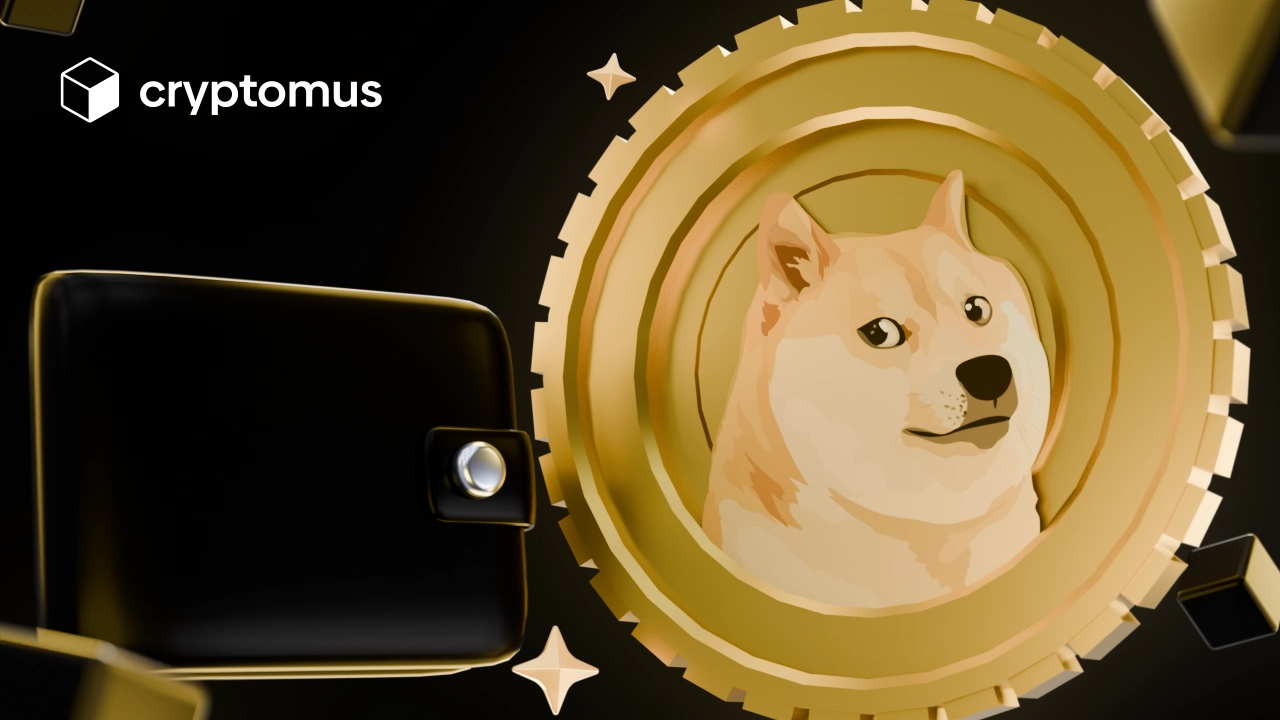
วิธีสร้างกระเป๋าเงิน Dogecoin
ขั้นตอนการสร้างกระเป๋าเงินคริปโตจะแตกต่างกันไปตามผู้ให้บริการ แต่โดยรวมมีลักษณะใกล้เคียงกัน นี่คือขั้นตอนสร้างกระเป๋าเงินโดชคอยน์:
- เลือกผู้ให้บริการกระเป๋าเงินที่น่าเชื่อถือ
- สร้างกระเป๋าเงินใหม่
- ปกป้องกระเป๋าเงินของคุณ
- ยืนยันตัวตน (KYC) หากจำเป็น
- ฝากและจัดการเหรียญ DOGE ของคุณ
หากผู้ให้บริการรองรับ ให้เปิดใช้งาน 2FA และใช้รหัสผ่านที่แข็งแรงเมื่อคุณ ตั้งค่ากระเป๋าเงิน และเก็บวลีกู้คืน (recovery phrase) ไว้แบบออฟไลน์ในที่ปลอดภัยเพื่อใช้ในการกู้คืนกระเป๋า
วิธีส่งและรับเหรียญ DOGE
ในการ รับ DOGE ให้เปิดกระเป๋าเงินและเลือก ‘Receive’ คุณจะเห็นที่อยู่โดชคอยน์และ QR code ในหลายกระเป๋า แชร์ข้อมูลนี้กับผู้ส่ง หลังจากพวกเขาส่งเหรียญแล้ว ขอรหัสธุรกรรม (transaction hash) เพื่อตรวจสอบการโอนบน blockchain explorer
ในการ ส่ง DOGE ไปที่ส่วน ‘Send’ ของกระเป๋าเงิน ใส่ที่อยู่โดชคอยน์ของผู้รับหรือสแกน QR code ของพวกเขา จากนั้นระบุจำนวนที่ต้องการส่ง ตรวจสอบข้อมูลทั้งหมดให้ถูกต้องก่อนยืนยันธุรกรรม กระเป๋าของคุณจะส่งธุรกรรมไปยังเครือข่ายโดชคอยน์ และคุณจะได้รับ transaction hash เพื่อติดตามการโอน
กระเป๋าเงิน Dogecoin ที่ดีที่สุด
Cryptomus ถือเป็นหนึ่งในกระเป๋าเงินโดชคอยน์ที่ดีที่สุดเนื่องจากใช้งานง่ายและมีความปลอดภัยสูง นอกจากนี้ยังซื้อเหรียญ DOGE ได้ทันที มีตัวแปลงเหรียญที่เรียบง่าย และมีเครื่องมือทางการเงินสำคัญอื่น ๆ หากคุณต้องการตัวเลือก non-custodial สามารถใช้ Dogecoin Core wallet อย่างเป็นทางการได้ แต่เหมาะกับผู้ใช้ที่มีประสบการณ์เนื่องจากซับซ้อนกว่า
ตอนนี้คุณรู้วิธีตั้งค่าและปกป้องกระเป๋าเงินโดชคอยน์ของคุณแล้ว ไม่ว่าคุณจะถือเหรียญเพื่อเก็งกำไรหรือลงทุน กระเป๋าเงินจะช่วยให้คุณควบคุมเหรียญ DOGE ได้อย่างเต็มที่
เราหวังว่าคู่มือนี้จะมีประโยชน์! แสดงความคิดเห็นหรือคำถามของคุณด้านล่าง มาร่วมพูดคุยกันเถอะ!
ทำให้การเดินทางสู่ Crypto ของคุณง่ายขึ้น
อยากเก็บ ส่ง รับ เดิมพัน หรือซื้อขายคริปโทเคอร์เรนซีใช่ไหม? Cryptomus ทำได้ทุกอย่าง — สมัครและจัดการกองทุนคริปโทเคอร์เรนซีของคุณด้วยเครื่องมืออันแสนสะดวกของเรา
เริ่มต้นใช้งาน
